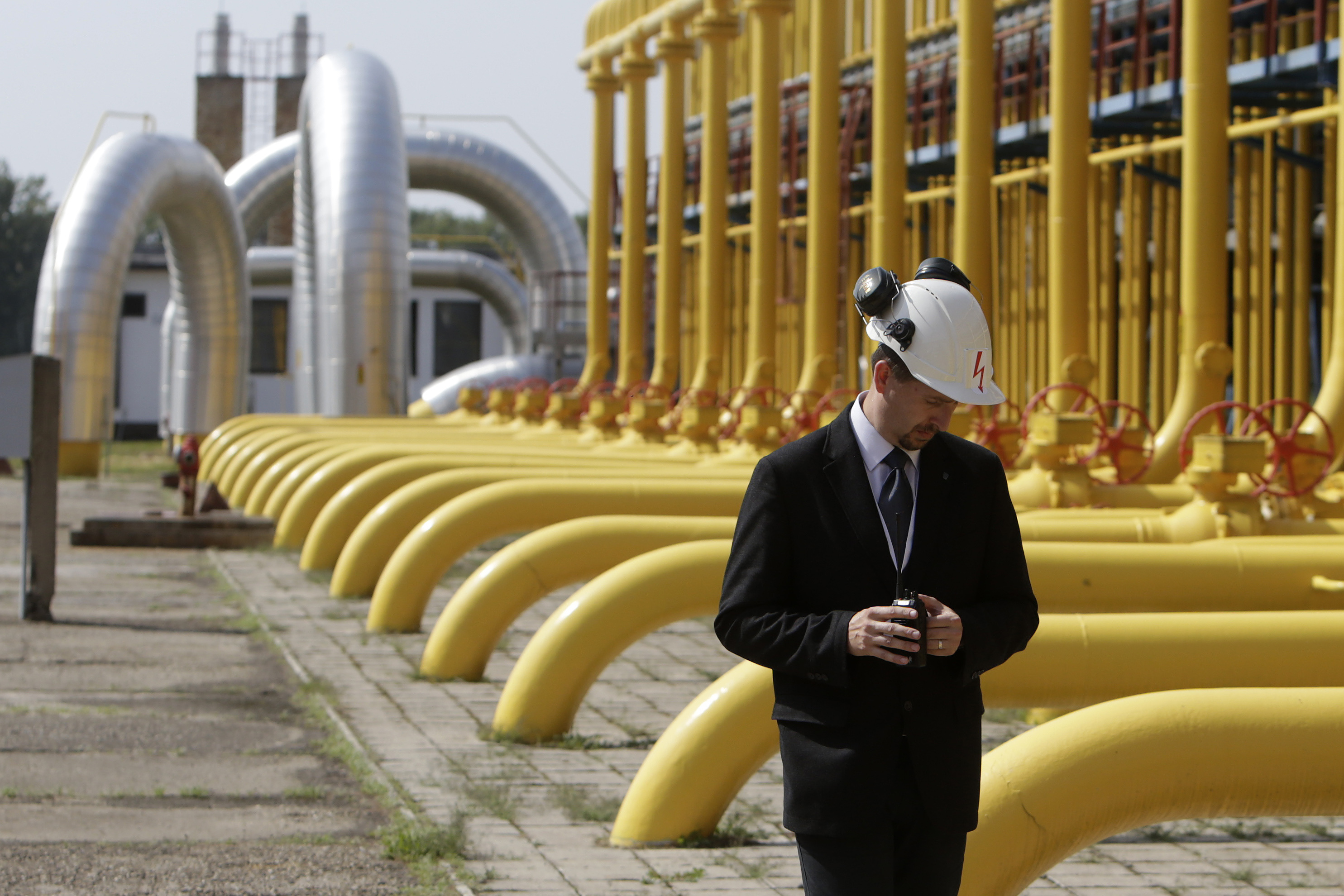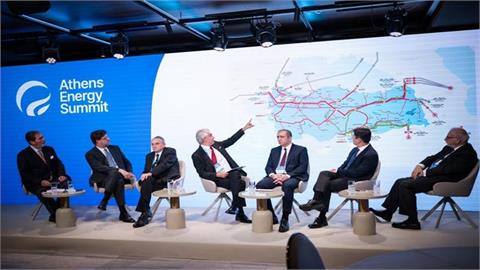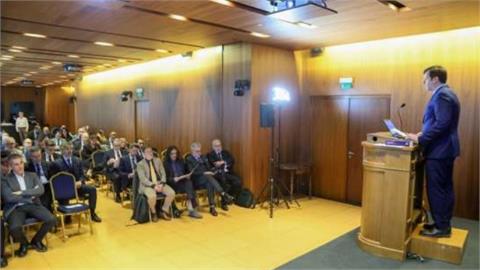Ukraine's incursion into Russia's Kursk region earlier in August rattled the European natural gas market, pushing prices above €40/MWh amid concerns that Russian natural gas supplies to the EU might be severed, note IENE in its latest SEE Electricity and Gas Analysis released today. Following a brief rise, natural gas prices have fallen again and according to analysts could fall even further. On the Dutch futures exchange TTF, the price of natural gas initially rose by over 30% the last few days as market players were concerned about fighting near the Russian compressor station Sudzha. Despite these challenges, natural gas continues to flow without restrictions. Transmission is expected to remain stable until the natural gas transit agreement between Ukraine and Russia expires in January 2025.
Ukraine's incursion into Russia's Kursk region earlier in August rattled the European natural gas market, pushing prices above €40/MWh amid concerns that Russian natural gas supplies to the EU might be severed, note IENE in its latest SEE Electricity and Gas Analysis released today. Following a brief rise, natural gas prices have fallen again and according to analysts could fall even further. On the Dutch futures exchange TTF, the price of natural gas initially rose by over 30% the last few days as market players were concerned about fighting near the Russian compressor station Sudzha. Despite these challenges, natural gas continues to flow without restrictions. Transmission is expected to remain stable until the natural gas transit agreement between Ukraine and Russia expires in January 2025.
Early last week TTF gas Futures were largely flat as Russian gas continued to flow to Europe via Ukraine, despite fighting near the Sudzha transit hub, and as Europe’s gas storages were well-filled. Prices then followed a downward path, amid strong gas deliveries in Europe and as Middle East supply concerns eased after Israel accepted a proposal to tackle disagreements blocking a ceasefire deal in Gaza.
However, a number of risks maintain concern around prices. Indicatively, the flows from Norway, which is Europe's leading supplier, have decreased by approximately 1 Bcf due to maintenance at the country's offshore facilities expected to last more than 3 weeks. In addition, despite the fact that the market does not seem to be affected by the escalation of tension in the Middle East, analysts do not rule out the possibility of further increases in prices. The estimate is also boosted by above normal temperatures in central and eastern Europe, as well as by the ongoing heatwave in Asia which is expected to increase demand for natural gas mainly in Japan and Korea.
The future of Russian gas transit through Ukraine remains a key uncertainty for European gas prices, even as the continent heads into the winter with its underground storages full. A transit agreement to deliver Russian gas to Europe via Ukraine, which last year still totalled 15 billion cubic metres (bcm) out of total EU gas consumption of 295 bcm, is due to expire at the end of the year. Ukraine has said it will not extend the deal. There is also some concern that flows could stop prematurely amid fighting in the Kursk region of Russia, where the gas transit point into Ukraine, at Sudzha, is located.
European gas storage levels were last seen 91.2% full, having hit a November 1 target two months early, Gas Infrastructure Europe data showed. EU storage injections stood 22% (or 9 bcm) below their 5y average since April, as Europe inherited very high inventory levels from the 2023/24 winter, which limited storage filling needs.
The 90% fill gas storage level milestone, along with stable flows of Russian gas through Ukraine to the continent, despite combat near Kursk transit point, have cooled prices that reached record 2024 highs at €40.396/MWh on August 9. The storage target was reached thanks to a mild 2023-24 winter, which left EU stocks still 58.5% full as of the end of March, to weak European gas demand and continued strong Norwegian deliveries.
The EU has said it will not pressure Ukraine to extend this agreement and has said countries can do without these deliveries, which totalled around 15 Bcm in 2023, out of total EU gas consumption of 295 Bcm. However, most analysts have expressed concerns on the negative impact on prices that the termination of gas deliveries via Ukraine might have.
The one month forward contract at TTF was trading at €39.155/MWh on August 28. At the same time, Henry Hub contracts were trading at $1.90/MMBtu. The JKM (Japan/Korea Marker) Future price was at $14.055/MMBtu on August 27.




